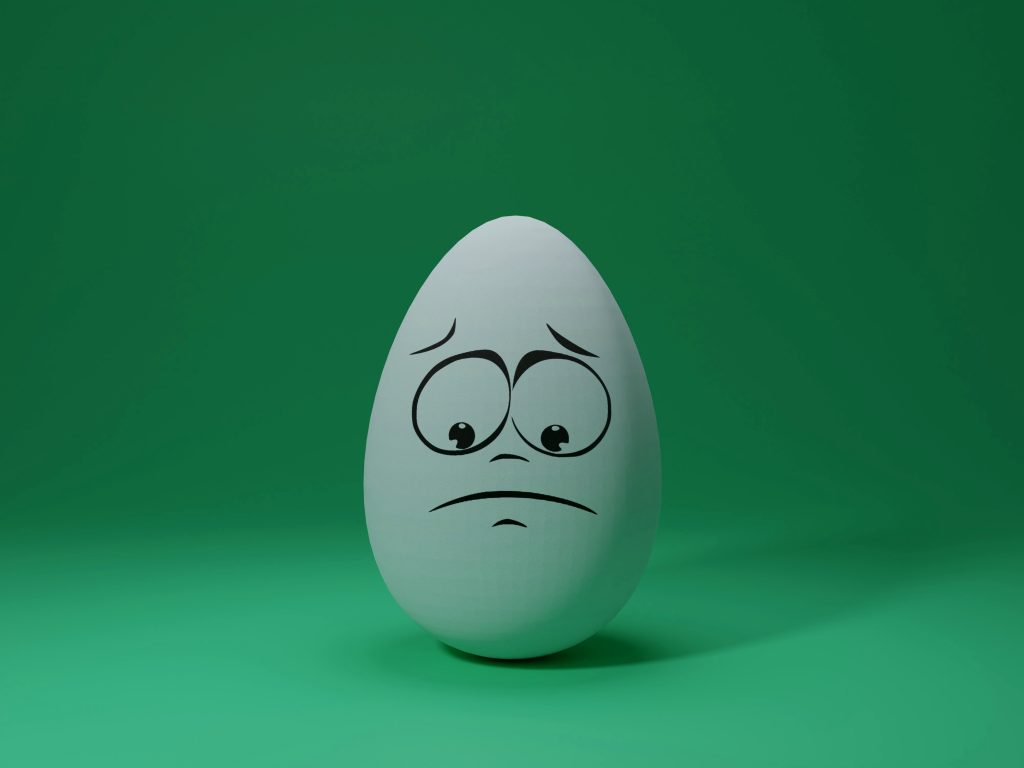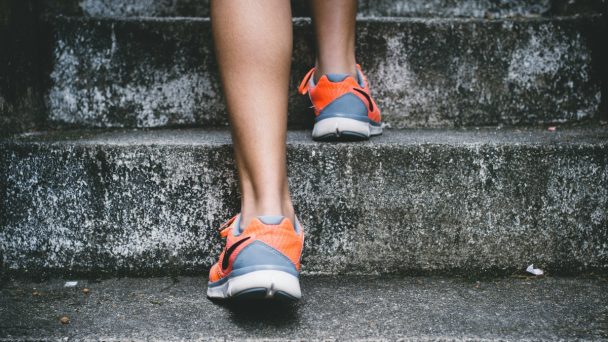The different withdrawal symptoms

If you were previously used to drinking a glass or several glasses of alcohol several times a week or daily, you could suffer from (mild) withdrawal symptoms, especially at the beginning of your break. You can read here what these symptoms can be and how to deal with them.
Trembling, sweating, fatigue, poor sleep, headaches: these are all examples of (mild) withdrawal symptoms that you can experience if you temporarily stop drinking alcohol. The extent to which you suffer from these symptoms – also called withdrawal symptoms – depends on the amount of alcohol you drank (daily) before the break period. Below you can read which symptoms are common. We pick a few that we explain in more detail.
| The following withdrawal symptoms are common:
-Perspire -Nausea -Bad sleeping -Headache -Fatigue -Uneasy feeling -Raised blood pressure -Muscle cramp -Stretched -Anxious feelings -Gloom -listlessness -Shaking hands Source: www.jellinek.nl |
Headache
Headaches are one of the mild withdrawal symptoms. When you drink alcohol for a longer period of time, your body gets used to it. Adaptations occur in the brain to cope with the daily effects of alcohol. Alcohol is a narcotic. Daily use means that the signal substances in the brain that cause this damping decrease and that the signal substances in the brain that activate them increase. This is a kind of compensation for the daily sedation by alcohol. If you suddenly stop drinking, your brain is in an overactive state, as it were, because it suddenly lacks the dampening, sedating effects of alcohol. This leads to all kinds of withdrawal symptoms, including headaches, but also restlessness, sleep complaints, tremors, sweating, etc. If you have been drinking a lot for a long time, stopping can even lead to psychosis or epilepsy, for example.
What can you do about it?
If you have a lot of headaches after stopping alcohol, you can of course try to find some distraction and relax. The restlessness and tension that can accompany quitting can often be easily absorbed in this way. Sports can also help with this. If the headache is really too severe, paracetamol can provide temporary support.
Bad sleeping
Most people who stop drinking have trouble sleeping at first. This will recover after a few days and sometimes weeks. Drinking alcohol disrupts the natural sleep rhythm. The body needs time to bring this back into balance.
What can you do about it?
-Accept that you will sleep badly in the near future. Take the stress out of wanting to sleep.
-Do not go to sleep during the day, do not shift your day and night rhythm.
-Teach yourself some relaxation techniques that you can practice at night. Even if you don't sleep, at least you relax.
-Relax before going to sleep. Don't do something that requires mental effort.
-Don't give in to the temptation to drink just to get some sleep. In the long run, this will not yield any results.
-Do something different in the evening than you are used to, for example, go for a quiet walk around the block and then drink a cup of warm milk with honey or aniseed.
-Put a book next to your bed that is easy to read and does not cause tension.
Source: jellinek.nl
Uneasy feeling
Quitting can be accompanied by restlessness and tension. You are missing something physically and mentally. You don't know what to do with yourself. You walk around nervously, you cannot concentrate and you are irritated. This is a common withdrawal symptom. Good news: this feeling is also disappearing.
What can you do about it?
The solution in this case is not so much paracetamol, but distraction. Take part in relaxing activities (a bath, a walk, doing a puzzle) or possibly perform relaxation exercises, such as breathing exercises or yoga. In people who drink excessively on a daily basis, it may be appropriate to support their break period with medication to prevent severe withdrawal and complications of withdrawal (eg, withdrawal seizure = seizure, or delirium).
| Did you know:
-After stopping or reducing alcohol withdrawal symptoms can last 3 to 7 days? -After 24 hours the withdrawal symptoms are at their peak and after 3 days the worst is over? -The withdrawal symptoms per person can differ? One suffers more than the other. This has to do with how long and how much someone has been drinking, physical condition and sensitivity (source: www.jellinek.nl). |
If you have multiple withdrawal symptoms, or if you drink more than five units of alcohol daily, it is wise to seek advice from a doctor. He or she can prescribe medication to deal with the withdrawal symptoms and to prevent the withdrawal from being seriously disrupted. Sometimes intensive supervision or admission to a clinic is recommended.
Source: Prof. dr. Dr. Arnt Schellekens, Professor of Addiction and Psychiatry, Radboudumc Nijmegen


